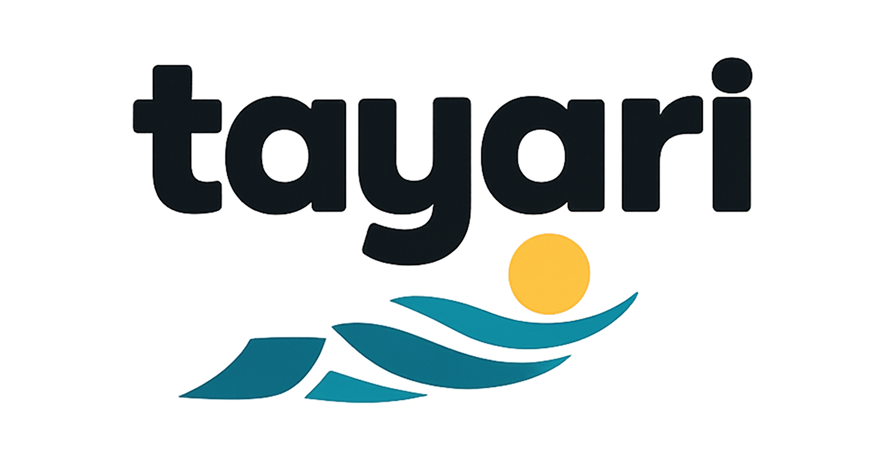Test Automation Internships in Kenya
Test Automation internships provide hands-on experience in building automated testing frameworks, quality assurance processes, and CI/CD integration in Kenya's software development ecosystem. Typical duration: 3–12 months.
What You'll Do
Build Test Automation Frameworks
Develop and maintain automated testing frameworks for web, mobile, and API applications.
Write Automated Test Scripts
Create comprehensive test scripts for functional, regression, and performance testing.
Integrate with CI/CD Pipelines
Integrate automated tests into continuous integration and deployment pipelines.
Collaborate with Development Teams
Work closely with developers to ensure testability and quality throughout the development process.
Monitor Test Results
Analyze test results, identify issues, and provide feedback to development teams.
Maintain Test Documentation
Create and maintain test documentation, reports, and quality metrics.
Skills You'll Gain
Who Should Apply
Year of Study
2nd, 3rd, and 4th year Software Engineering students or recent graduates with interest in quality assurance.
Prerequisites
Basic programming skills and understanding of software development processes. Experience with testing concepts is helpful.
Ideal Candidates
Students with strong attention to detail, analytical thinking, and passion for ensuring software quality and reliability.
Academic Requirements
Minimum GPA of 2.8 and completion of software engineering and programming courses.
Typical Host Companies
Duration & Mode
Duration
3–12 months (flexible based on company needs and student availability)
Schedule
Full-time during breaks, part-time during semester (20-40 hours/week)
Mode
Hybrid (mix of on-site and remote work)
Supervision
Direct mentorship from senior test automation engineers and regular check-ins with university coordinator
Related Career Pathways
Next Steps: Advanced Internships
Future: Graduate Roles
Frequently Asked Questions
What programming languages are important for test automation?
Popular languages include Python, Java, JavaScript, and C#. Python is particularly popular for test automation due to its simplicity and extensive testing libraries. The choice often depends on the application being tested and the company's tech stack.
What's the difference between manual testing and test automation?
Manual testing involves human testers executing test cases, while test automation uses scripts and tools to run tests automatically. Test automation is faster, more reliable, and can run continuously, but requires programming skills and initial setup time.
Do I need to know the application being tested?
Yes, understanding the application's functionality, user flows, and business requirements is crucial for writing effective automated tests. You'll learn about the application during the internship and work closely with developers and product teams.
Will I work on real applications during the internship?
Yes, you'll work on real applications and features that are being developed or maintained by the company. This includes web applications, mobile apps, and APIs that are used by actual users.
Ready to Start Your Test Automation Journey?
Download the Tayari app and discover Test Automation internship opportunities in Kenya.
